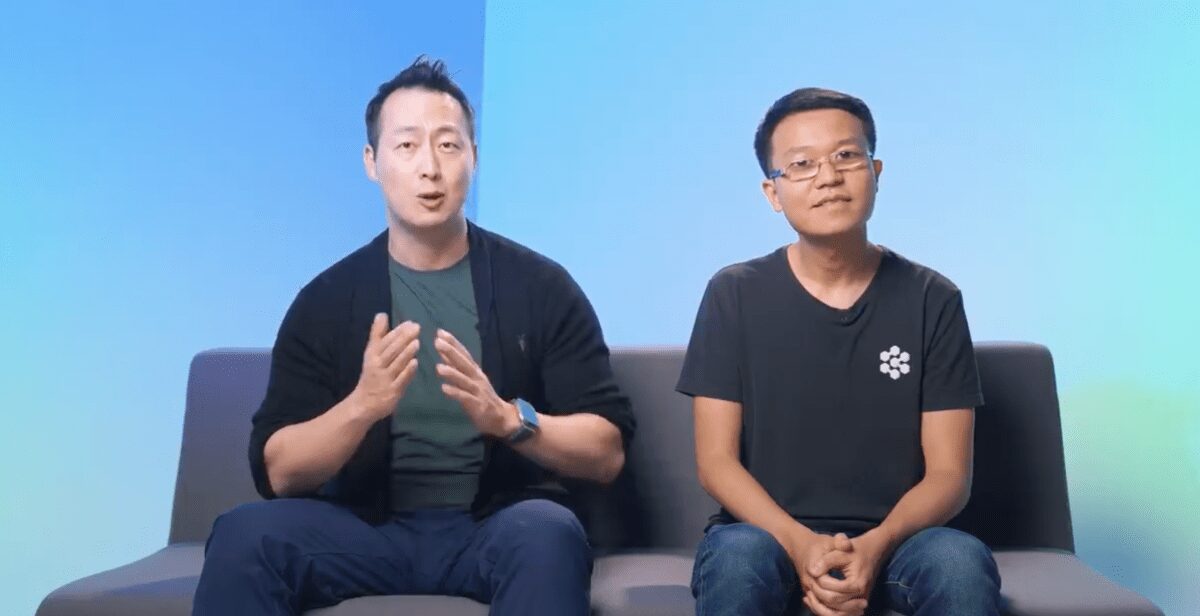Windsurf’s Rollercoaster Acquisition: What It Means for AI Startups
AI coding startup Windsurf recently found itself in the headlines after a turbulent acquisition by Cognition. Just days later, thoughts on the deal were swirling. So, what’s the real story here, and what impact will it have on the future of startups? Let’s dive in!
From Buzz to Breakdown: The Acquisition Drama
Honestly, reader, Windsurf had its eyes set on a deal with OpenAI. The buzz around that potential acquisition was electric. But then, plot twist! The deal collapsed faster than a poorly constructed app. Instead, Google DeepMind swooped in, hiring Windsurf’s CEO and key team members—leaving a lot of employees behind and feeling like they’d been tossed overboard from a sinking ship.
Can you imagine the tension in the air? Jeff Wang, now Windsurf’s interim CEO, took the helm following these departures. He shared the emotional aftermath of an all-hands meeting where team members walked in expecting good news, only to find themselves stepping into a storm of disappointment. Words like “bleak” and “hostile” don’t quite capture how fragile morale became.
Navigating the Aftermath: Windsurf’s Resilience
But here’s the deal: Windsurf isn’t ready to call it quits. Wang emphasized that the company still has its intellectual property and a talented team—so there’s room to pivot. Picture this: Windsurf, despite its challenges, is a vessel still afloat in choppy waters, ready to plot a new course.
What’s fascinating is how quickly Wang and the remaining leadership jumped into negotiations with Cognition after the initial shock of the Google deal. It was a whirlwind weekend of discussions, all while memes about the situation exploded online. Talk about a pressure cooker!
A Deal That Could Mean New Opportunities
As the dust settled, a new opportunity arose. Wang argues that the partnership with Cognition could be advantageous for both sides. They came with a top-notch engineering team, while Windsurf’s strengths lie in marketing and go-to-market strategies. It’s like assembling a dream team for a crucial championship game.
But the real kicker? Wang ensured that the deal included employee payouts and an accelerated equity vesting timeline—something that shows he cares. This thoughtful move could turn the tide in rebuilding morale, providing a glimmer of hope amid uncertainty.
What’s Next for Windsurf and Its Team?
The acquisition agreement was signed, and the team was informed in a swift and decisive manner. Wang described that Monday morning as a major turnaround, moving from a bleak Friday to what could be a game-changer for everyone involved. In just a couple of days, their potential fate transformed from despair to renewed hope.
So, where does this leave other startups? It’s a reminder that while the tech landscape can be riddled with unpredictability and “reverse acquihires,” companies can still find ways to thrive and keep their teams intact.
Conclusion: The Future is Still Bright
Windsurf’s journey serves as a wake-up call for startups everywhere. The landscape is ever-changing, but as Wang showed, resilience and adaptability are key. So, what’s your take on this acquisition saga? Do you think it will spark a new trend in how startups navigate the corporate landscape?
For more insights on navigating the complexities of startup dynamics, check out our recent discussion about tech acquisitions and the future of AI. Let’s keep the conversation rolling!
